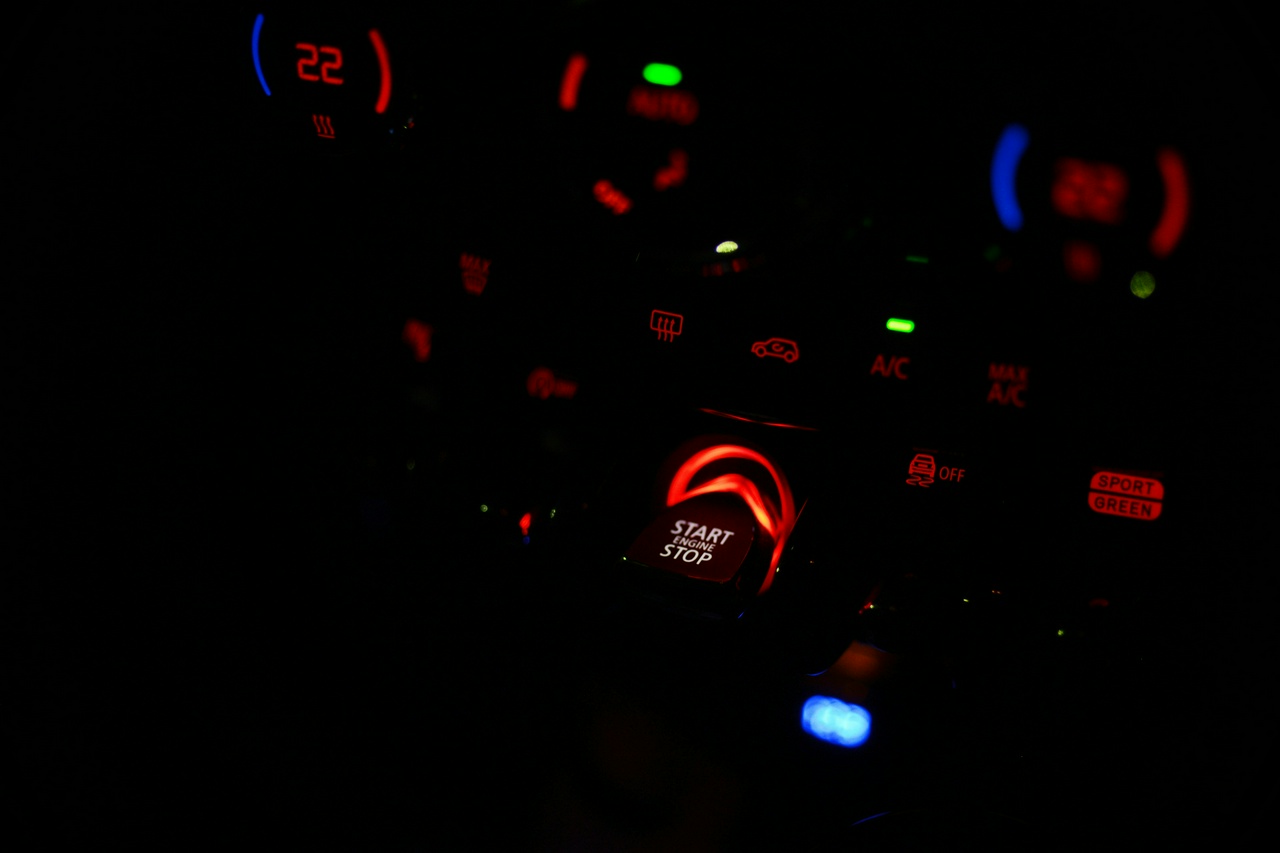external family systems

"To be loved is to be known," the adage goes. But not everyone is looking for that; maybe very few people are looking for that. Maybe people would rather be slotted into roles so that they can feel wanted or needed—indispensable. Maybe they want to be, not known, not perceived and witnessed, but indispensable.
Needing to be needed, I have slowly come to believe, is symptomatic of inhabiting a sick system; it's the natural stress response to being embedded in a system that devours or kills its own participants. Needing to be needed in such an environment, then, would be an ordinary survival mechanism. (I once took an online quiz that concluded my 'shadow personality'—that is, the character I roleplay under stress—is that of "dutiful daughter.")
In dysfunctional family systems there is usually one person whom Jung would identify as the scapegoat, while the Bowen Family Systems model would call this individual the "truth-teller" or, if they're real rowdy, the "identified patient." This individual is viewed by the collective as, if not the origin of conflict or disruption at holiday dinners, then eventually as an old car that won't turn over, with a battery that doesn't stay charged and a fast-depreciating bluebook value. The car defies 'maintenance'; the collective has decided to instead cannibalize it for parts, for scrap metal. This analogy falls apart, of course, when we remember that human beings are not cars, but this doesn't stop people from treating one another as if they are.
I've been thinking about the 'identified patient' a lot lately in terms of totalitarian governments and persecuted groups: the moving of goalposts of what constitutes 'sick' and 'healthy' in a concerted effort to strip discrete groups of people of their safety and autonomy, and to discredit their lived experience.
This isn't to claim that every identified patient is necessarily healthy but, as the linked article asserts, the state of ill health becomes a sort of moral panic only in a system that denies attention and care to all its members. In other words, a 'sick' population is not the cause of societal decay; on the contrary, it is symptomatic of a sick system that is failing the entire collective in myriad ways. We see this happening on a national and global scale right now.
But it also happens in smaller systems, interpersonally and sometimes even intergenerationally, and that's easier to tackle than all of society's problems all at once. If, however, the problem cannot be tackled, one might attempt to extricate oneself without breaking or damaging the net. This work requires delicacy, a surgical precision, but it would be faster and easier (with none of one's own limbs lost) if one were to use a machete. Who gives a shit about the net? Idk. Maybe the idea is to gently extricate oneself, then set fire to the net afterward. (Anyway, it's none of my business; I have my own nets to burn and bigger fish to fry.)
For a while now I've suspected that this process involves deleting apps and switching to a dumb-phone, which is a lot of people's instinct lately. It isn't always clear what toxic system you're disentangling yourself from until you're already out of it, I guess.
06/11 addendum
On Saturday night I blurted out loud, to a group of people with diverse spiritual beliefs, that my new perspective on Jesus is "Thank You for being Jesus so I don't have to be." I pointed out, as I love to do, that "W.W.J.D." does not come from the New Testament but, instead, from the 1897 novel In His Steps, which is so bleak as to veer toward camp.
I'd been ruminating on the idea that, although Christians etc. should certainly strive to uphold Christ's social values and ideals, His skepticism of cultish religious rigidity, and His eschewal of the material world, it's equally important to reify the symbology of Christ as the ultimate 'scapegoat'—literally, a sacrificial lamb, killed that others might continue living free and unburdened—thereby abolishing the need for social sin eating. In other words, you are NOT expected to hurt yourself carrying the burdens/projections of your family or clan (or of society at large), because there was already a final-boss black sheep who did all that. You're free! Go and live!
That seems to be the intended message of the crucifixion in a nutshell. However, the exhortation "W.W.J.D." tends to inspire in its adherents a martyr/savior complex—a slick slope resulting in either controlling others' lives "for their own good," or else abandoning oneself to the point of self-destruction. If you're pinned somewhere in the middle of a social hierarchy or pyramid scheme, you might do a little of both; either way, one or all parties end up in a sort of bondage or hostage situation. Exactly the thing we were trying to avoid in the first place!
There's a lot on my TikTok F.Y.P. these days about reciprocity in relationships, which is barely a different topic. Of course I believe we are called to help our loved ones, and even strangers, with carrying their heaviest loads. But burden-carrying should probably be 'opt-in,' rather than accomplished by manipulation, projection, or sheer psychosocial force. (Sovereignty and free will and all that.) Or by bringing in the National Guard, or by passing vague legislation that makes kids too scared to bring their own books to school.
Anyway. This internal philosophic redirection is how I'm getting by these days.